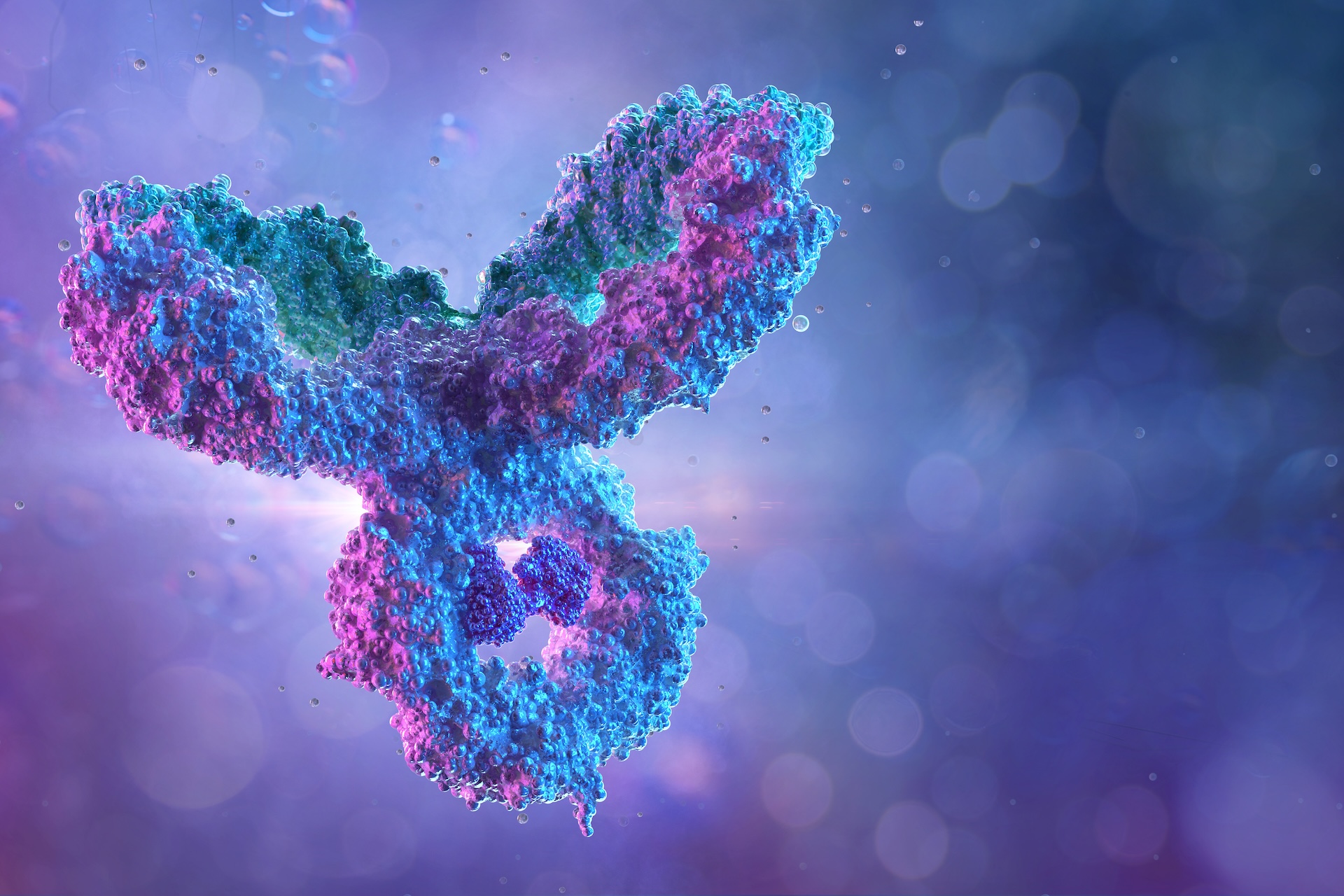Antibody Technology Platforms for immune evasion:

Novel therapeutic
antibodies / biomarkers against immune evasion targets
Overview
- Among various mechanisms of immune evasion, we focus on “glycan-mediated immune evasion” in viral infection and oncology
- N-linked glycans, characterized by their highly branched structure, contribute to immune evasion by enabling viruses and cancer cells to escape recognition by T cells and antibodies
- To achieve precision medicine in viral infections and cancer, novel therapeutic antibodies and biomarkers targeting immune evasion mechanisms are required

Our Technology and Platform
- Our antibody platforms allow the development of highly specific antibodies / Ab-lectin chimera for branched N-glycosylated therapeutic targets
- We provide a service that uses our platform to generate antibodies against N-glycosylated targets of interest to our customers
- We have in-house experience with N-glycosylated HBs proteins in HBV and are carrying out contract analysis

GleaMab™ Platform

Using our proprietary expertise, we design glycopeptides for immunization in mice and generate hybridomas that produce monoclonal antibodies with the desired neutralizing activity
GleaClone™ Platform

Using a glycopeptide antigen array designed with our proprietary expertise, we isolate B cells producing monoclonal antibodies with the desired neutralizing activity from PBMCs of patients
GleaBis™ Platform

Depending on the CDR of candidate Abs and the conformation of Siglec cell surface proteins, RCMG also leverages an GleaBis™ (Chimera Bispecific antibody) platform to overcome weak specificity, detection ability or neutralizing activity
Our Track Record
An analysis service using a new proprietary ELISA system for the first time measuring the extent of N-glycosylated S-HBs [Glyco-S ELISA]
Antibodies for the detection of HBs antigens, which are widely used to test for HBV, cannot be detected due to the highly branched N-glycans, which inhibit binding to the antigen.

RCMG’s antibodies / Ab-lectin chimera are designed to specifically recognize N-glycans and therefore recognize antigens


